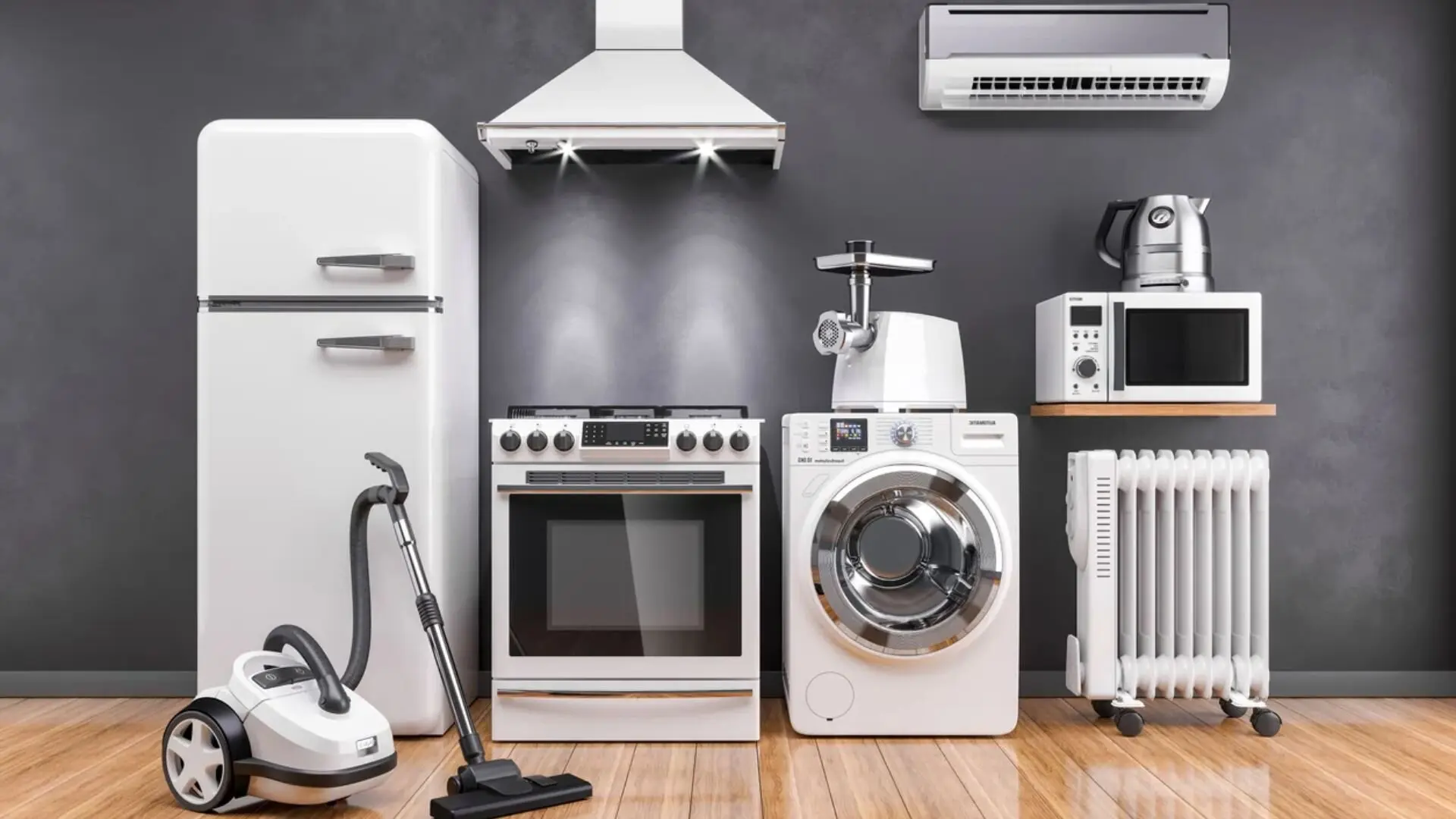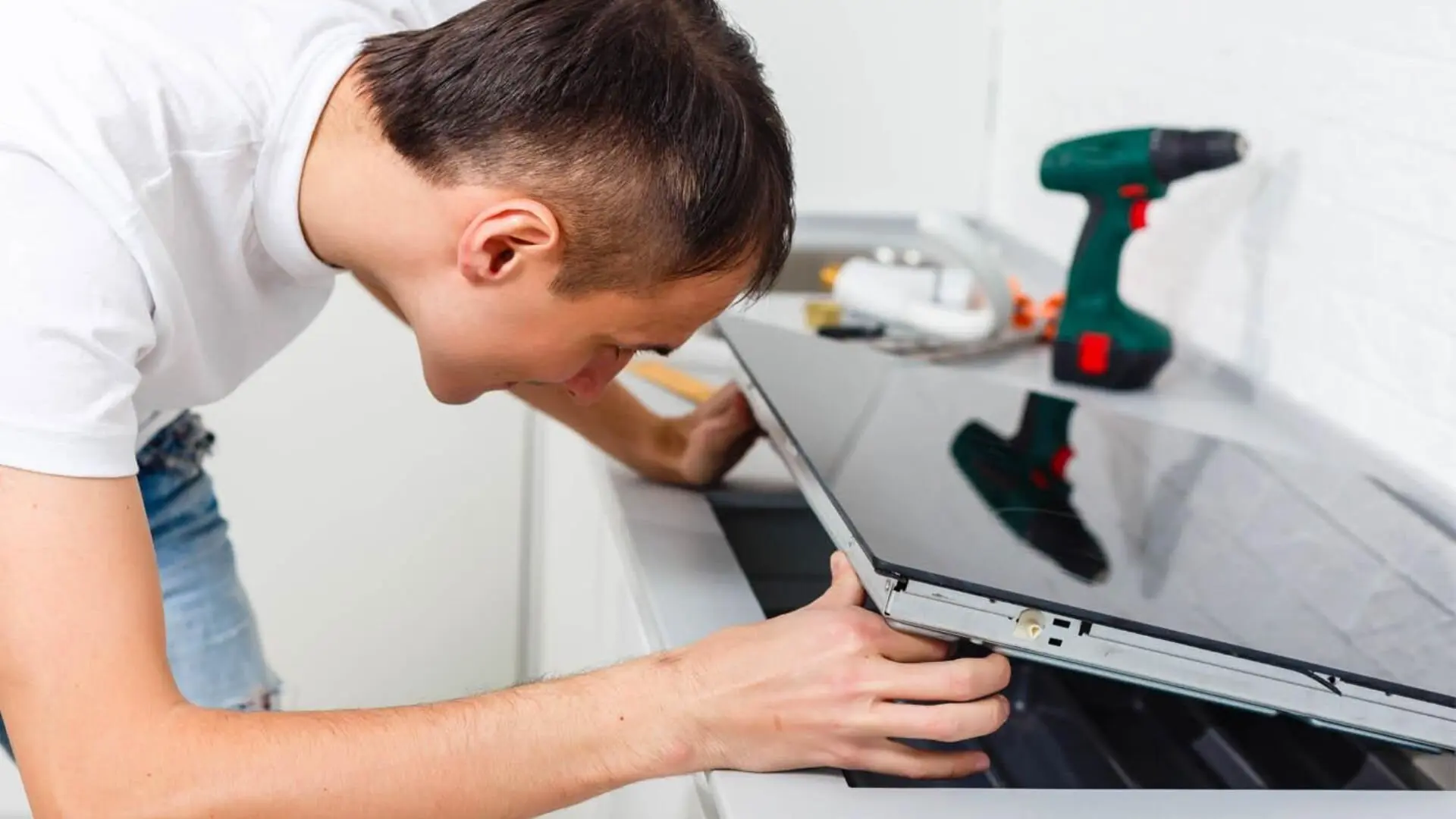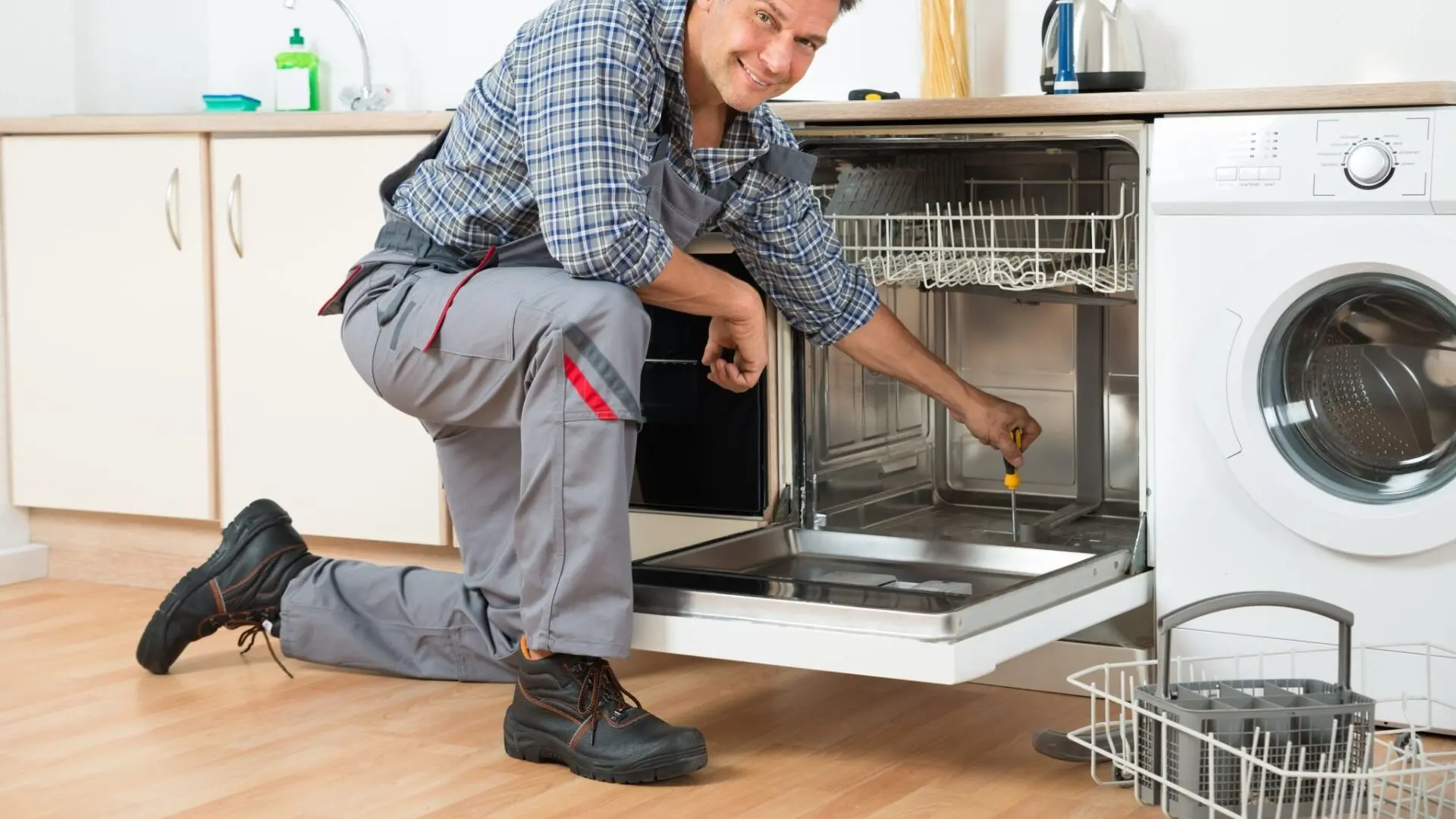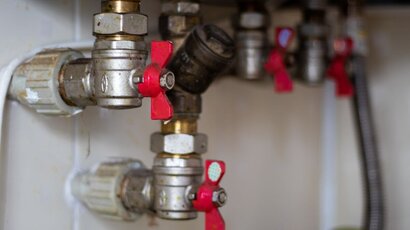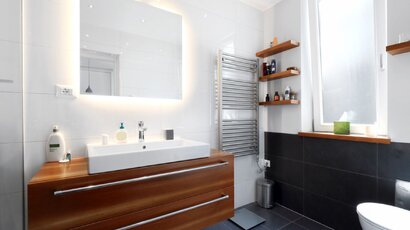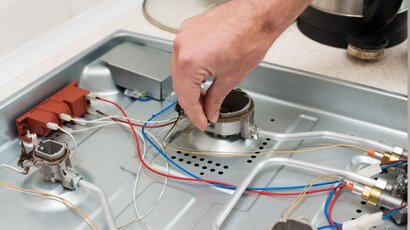As Melbourne experiences a boom in new home construction, homeowners embarking on exciting building projects find themselves facing important decisions about appliances. Picking the right fridge, dishwasher, oven, and more for your custom home calls for thoughtful planning and consideration.
Designing a kitchen or laundry room from scratch offers great flexibility but also the challenge of choosing appliances before the spaces are fully realised. Size, configuration, features, and energy efficiency are all key factors for homeowners to consider for these yet-to-be-completed rooms.
Proper coordination is also crucial for purchasing new-build appliances. Homeowners need to map out delivery timelines with builders to ensure major items like ranges are onsite when required for installation while avoiding risks of damage during ongoing construction.
This article provides indispensable tips for homeowners equipping new custom builds with their ideal appliances. Smart planning and communication when making these major purchase decisions can prevent costly delays or mismatches. We guide you in creating your dream home by making informed appliance choices from the start.
Planning Ahead: Choosing The Right Appliances
When it comes to new builds, planning is everything. Choosing the right appliances early in the process allows for seamless integration with the overall design and avoids last-minute changes that can lead to increased costs and delays.
![]()
The key to selecting appliances for a new home build is looking ahead. Homeowners should consider both form and function, considering factors like energy efficiency, maintenance needs, size and configuration, and integration with ventilation, plumbing, and electrical systems. From the start, a clear vision of how different appliances fit within the home’s layout and systems prevents headaches down the road.
Consulting an experienced plumber is a smart move when selecting appliances for a new build. Their advice during this crucial planning phase is invaluable, helping to marry aesthetic appeal with practical functionality. An expert plumber becomes a partner in choosing appliances perfectly tailored to your lifestyle in your dream home.
Coordinating With Other Trades
Coordinating effectively with other tradespeople is crucial for a successful new-build project. Scheduling tasks in a logical order helps minimise disruptions and keeps everything on track.
For instance, a plumber working hand in hand with an electrician ensures all the needed wiring is sorted before appliances like dishwashers or washing machines are installed. Such coordination helps avoid costly and time-consuming rework down the line.
Installation Timing: Before Or After Gyprock?
When to install major plumbing appliances on a new build is a crucial question for homeowners and plumbers alike. Both options have advantages and drawbacks that must be weighed.
![]()
Install Before Gyprock
Putting in appliances like dishwashers, washing machines, and sinks before gyprock sheets are installed provides several benefits:
- Easier Access: Plumbers have full access to water lines, drains, and gas pipes before walls are enclosed, making connections simpler.
- Exact Positioning: Appliances can be placed precisely without working around installed gyprock.
- Faster Installation: Open walls allow appliances to be secured and plumbed in more rapidly.
However, there are also downsides to early appliance installation:
- Exposure to Damage: Appliances are vulnerable to dents, scrapes, and dust during construction. Protection is required.
- Space Limitations: Bulky appliances can get in the way of other trades before the walls are finished.
Install After Gyprock
Delaying appliance installation until after gyprock offers some advantages:
- Protection from Damage: Appliances stay pristine since they are brought in after all rough work is done.
- Unobstructed Access: Earlier trades aren’t squeezed for space around appliances.
- Just-In-Time Delivery: Appliances can be directly installed upon delivery rather than sitting.
But later installation also comes with challenges:
- Restricted Access: Plumbers must cut holes in gyprock to access pipes and then repair them.
- Precise Positioning Difficult: Appliances may need slight repositioning from plans to fit finished walls.
- Multi-Step Process: Gyprock around appliances may need removal and replacement.
Overall, the ideal timing depends on factors like the construction schedule, risks of damage, and complexity of connections. Experienced plumbers can provide invaluable guidance on when installation before versus after gyprock makes the most sense.
Meeting Code Requirements
Adhering to code requirements is a non-negotiable aspect of any new build. The Australian Plumbing Codes and Standards provide comprehensive guidelines on all aspects of plumbing, from the materials used to the minimum allowable distances between fixtures.
Non-compliance with these codes compromises the property’s safety and functionality and can lead to significant fines and legal issues. It underscores the importance of engaging a licensed and experienced plumber for appliance installation.
Common Mistakes To Avoid
It’s easy for appliance installation to go wrong on new-build projects or when installing plumbing in a new house if homeowners and professional plumbing services aren’t careful. Here are some of the most common pitfalls to avoid:
![]()
Poor Planning
Failing to plan appliance selections early can force last-minute changes, creating budget overruns and delays. Homeowners should decide on appliances and plumbing fixtures during the design phase, not after house construction has started.
Lack of Coordination
Forgetting to coordinate appliance arrivals with the builder’s schedule can mean products show up too early, risk damage or too late, causing holdups. Ongoing communication about timelines is essential.
Ignoring Codes
Overlooking plumbing codes and standards can leave homeowners with non-compliant drain, vent or water supply system setups that require ripping out sinks or benches. Always consult the standards.
DIY Installation
Attempting appliance or plumbing installations as a DIY homeowner often ends badly. Lacking skills and experience leads to leaks, electrical faults, and improper gas and water supply pipe connections later on.
Incorrect Positioning
Not matching appliance models to plans’ cabinetry and space dimensions can force adjustments during installation. Triple-checking sizes prevent problems.
Proper planning, coordination with pros, following codes, using licensed plumbers, and careful measurements are crucial for smooth plumbing systems and appliance installations during new house construction or renovations. Don’t risk a plumbing emergency—hire experts for the plumbing rough-in and installations.
Cost Considerations
For any homebuilding project, cost is a critical factor that must be weighed when deciding appliances and finishes. Yet, while it’s tempting to choose less expensive appliance options to save money upfront, this can be a false economy. When equipping a new custom build, it pays to take a long-term view of value and invest wisely.
Purchasing well-engineered, energy-efficient appliances from reputable brands may come with a higher initial price tag. However, those added costs can be paid back many times through savings on energy bills over years of operation. Paying a premium for ENERGY STAR-rated refrigerators, dishwashers, washing machines, and other appliances generates ongoing utility savings.
Likewise, hiring a professional plumber for appliance installations rather than taking a DIY approach requires an investment. However, you gain benefits like reduced potential maintenance issues, leak risks, improper venting or drainage, and mistakes that could affect compliance. Spending more on qualified labour prevents headaches and repairs later on.
Viewing appliance selection and installation as investments that continue providing value over the lifespan of a home is wise. Avoid false economies that seem cheaper upfront but lead to larger costs over time. Making informed choices focused on quality, efficiency and professional skill ensures your new build fulfils its potential as a dream home.
Smart Appliance Choices Complete New Builds
In the fast-paced world of new builds, timing is everything. From choosing the right appliances to coordinating with other trades and meeting code requirements, every decision can impact a project’s success.
Consider scheduling an appointment with WP Plumbing for expert advice and quality installation. Our experienced team offers a lifetime labour guarantee, same-day response, fixed pricing, and 24/7 availability. Trust us to meet your new-build plumbing needs in Melbourne.

